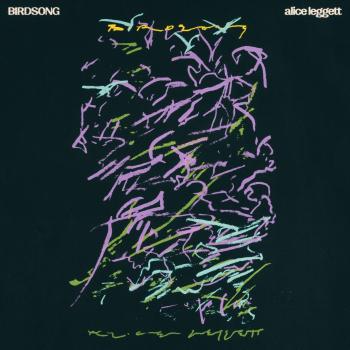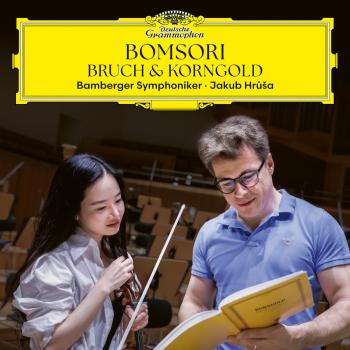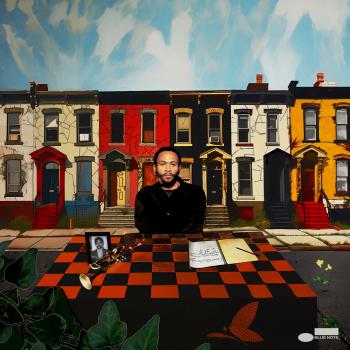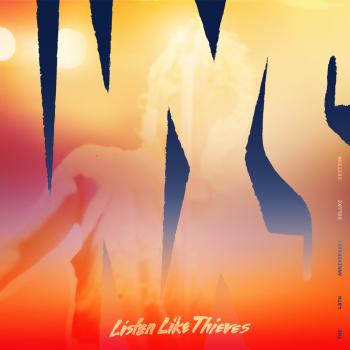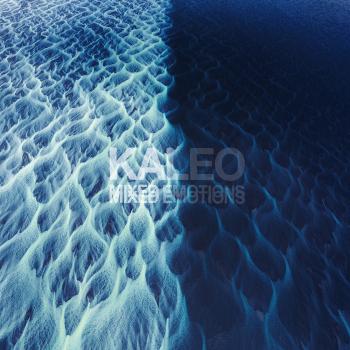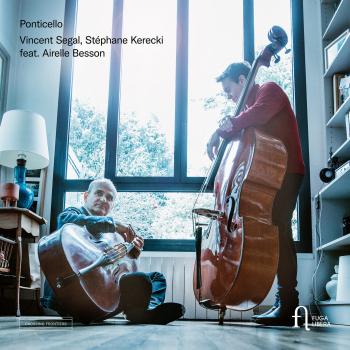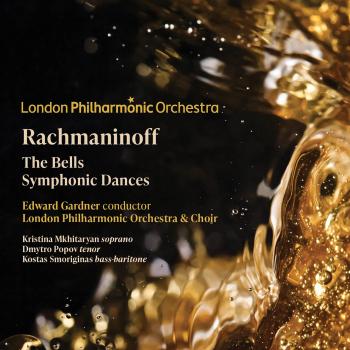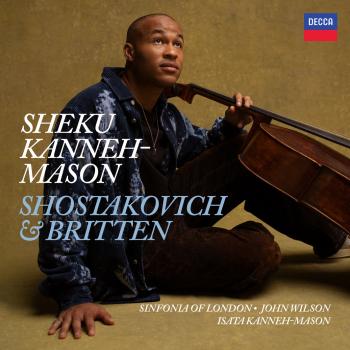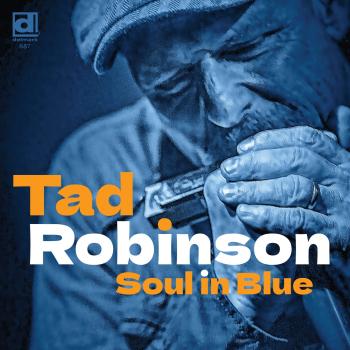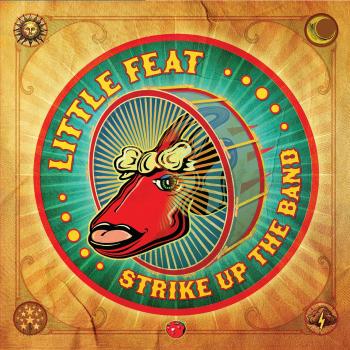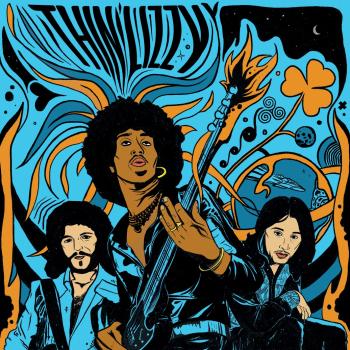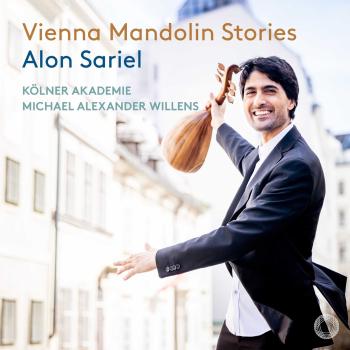Tomasz Stanko New York Quartet
Biographie Tomasz Stanko New York Quartet
When Tomasz Stanko won the European Jazz Prize in 2002, the jury declared: “Stanko has developed a unique sound and personal music that is instantly recognizable and unmistakably his own... A world-class player, a stylist, a charismatic performer and original composer.” In the 1990s, public recognition grew as a result of ECM recordings such as “Litania”, his tribute to Komeda, and “From the Green Hill” – which won the German Critics Prize as “Album Of The Year” in 2000. After a decade of working almost exclusively with his Polish quartet – as on the “Soul of Things”/”Suspended Night”/”Lontano” trilogy, Stanko began once again fielding new projects. In 2010 he introduced a young ‘Nordic’ band on “Dark Eyes” Now comes “Wisława” with his New York Quartet, a most exciting proposition.
All three of his new associates inspire Tomasz Stanko to some of his most exciting playing. “It’s good to see an elder artist chase after a new idea.” wrote the New York Times’s Ben Ratliff of the group’s early performances. “Until quite recently, Tomasz Stanko made beautiful dirges, rubato soul-ache ballads with rumblings of free jazz. They came out on a string of fine records for the ECM label over a dozen years or so, and he changed bands several times during that period. But the work had an overall unity of mood and purpose... Both as a soloist and as a bandleader, he can pull off the dark emotions in his music. His trumpet tone is steady and stark, crumbled around the edges, and he makes his strong, short themes anchor the arrangements... Without radically changing the character of his music – he still loves ballads, still foregrounds a lonely melody – Mr Stanko is allowing its balances to shift.
[The] music was hard to define, in an excellent way. It used steady rhythms and vamps as well as free improvisation; it was both a collection of solos and a sequence of careful chapters (...). Some extraordinary passages unfolded without any of the musicians making them seem formal, almost as if natural forces were moving the musicians’ hands.”
David Virelles
(born 1983 in Santiago de Cuba) is one of the most strikingly original pianists to have emerged on the US jazz scene in recent years, his playing informed early on by study of Monk and Andrew Hill alongside classical music, contemporary composition and Cuban and Haitian ritual music. Quote: “With anything that I’m a part of I’m trying to get to the same feeling that I get when I listen to McCoy Tyner or [Afro-Cuban singer] Lázaro Ros or Bartók – there is a certain timeless quality to all of that.” “Wisława” is Virelles’s second ECM appearance in as many months and follows his contribution to Chris Potter’s “The Sirens.” Stanko says of Virelles that he “draws on African roots of the music, and there’s a drop of South American melancholy in his playing which also feels very familiar to me.”
Thomas Morgan
(born 1981 in Hayward, California) and drummer Gerald Cleaver (born 1963 in Detroit) have a number of ECM recording credits. Morgan has been heard with John Abercrombie and with Masabumi Kikuchi, Cleaver on dates with Roscoe Mitchell, Miroslav Vitous and Michael Formanek. Together they comprise two-thirds of the Craig Taborn Trio (and have latterly recorded with Craig for ECM, the album being due for release in Spring 2013). Morgan and Cleaver comprise one of the great bass and drum teams of new jazz history, generating a seemingly effortless sense of musical support, liberty and independence, shoring up the soloists yet free at any second to offer their own perspectives as the work unfolds: “An absolutely unique bassist, and an incredible drummer”, in Stanko’s assessment.

